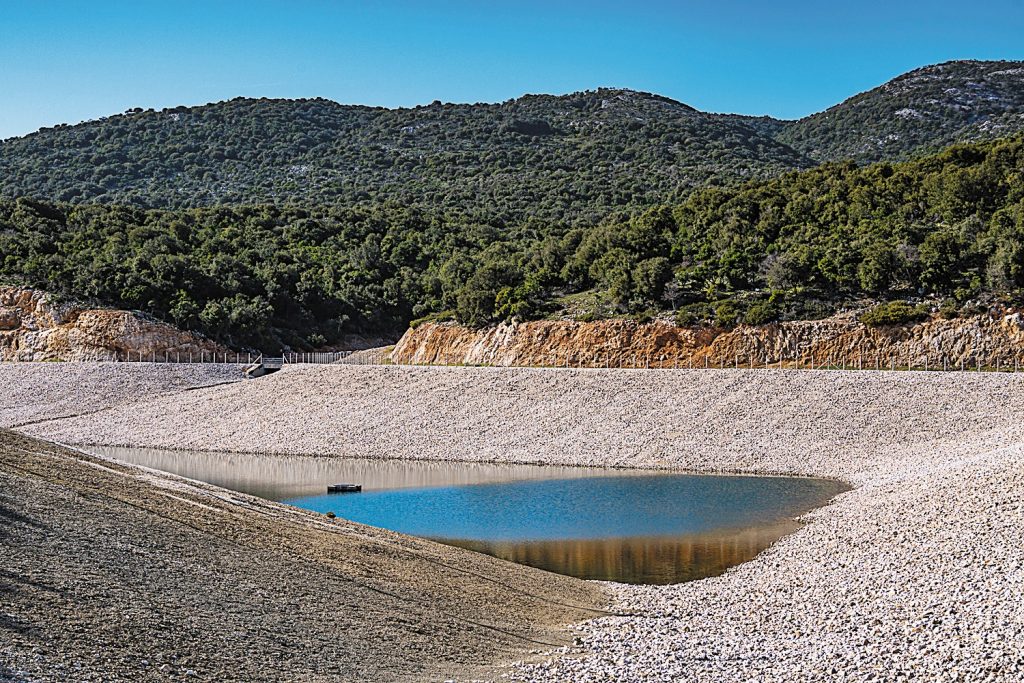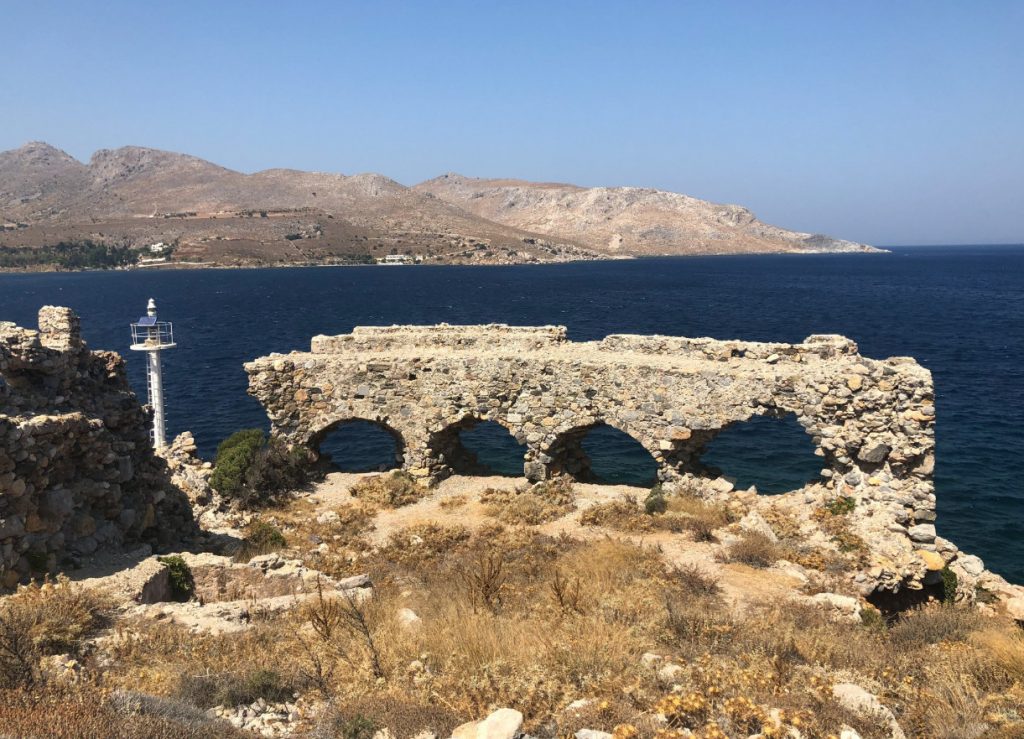The Greek government is set to launch a series of measures aimed at combating the severe drought affecting the country. During a cabinet meeting at the Maximos Mansion on Tuesday, Prime Minister Kyriakos Mitsotakis and his team discussed various strategies to tackle the crisis.
The planned interventions include upgrading outdated infrastructure to minimize water leaks, constructing new reservoirs, and expanding desalination facilities.
Given the diverse conditions across Greece, a one-size-fits-all solution is impractical. Therefore, the government will first prioritize the most affected regions to tailor solutions effectively.
To manage this comprehensive approach, a dedicated task force will be formed from relevant ministries to oversee the implementation and secure additional funding. In parallel, the Ministry of Environment and Energy is advocating for a dual approach combining desalination with green energy production.
The proposed plan involves setting up hybrid power generation units that integrate wind and solar energy, pumped storage, and desalination technologies. These units will provide both electricity and fresh water for drinking and irrigation.
An announcement regarding the projects is anticipated this fall, with 200 million euros already secured from the Decarbonization Fund. Most of this budget will be directed towards building green energy facilities.
Current data from the Ministry of Environment and Energy reveals that the Aegean region hosts 57 desalination units. In the Cyclades, desalination provides water to 51% of the population, with groundwater and surface water sources serving secondary needs.
As the next steps unfold, studies will guide the installation of suitable technologies. The projects may involve renewable energy coupled with desalination, with configurations potentially including two to three wind turbines based on the desalination capacity, or combinations of renewable energy, pumped storage, and desalination systems.




